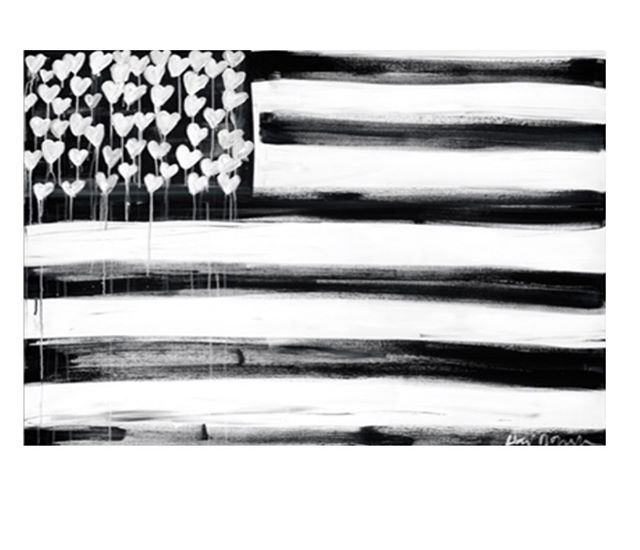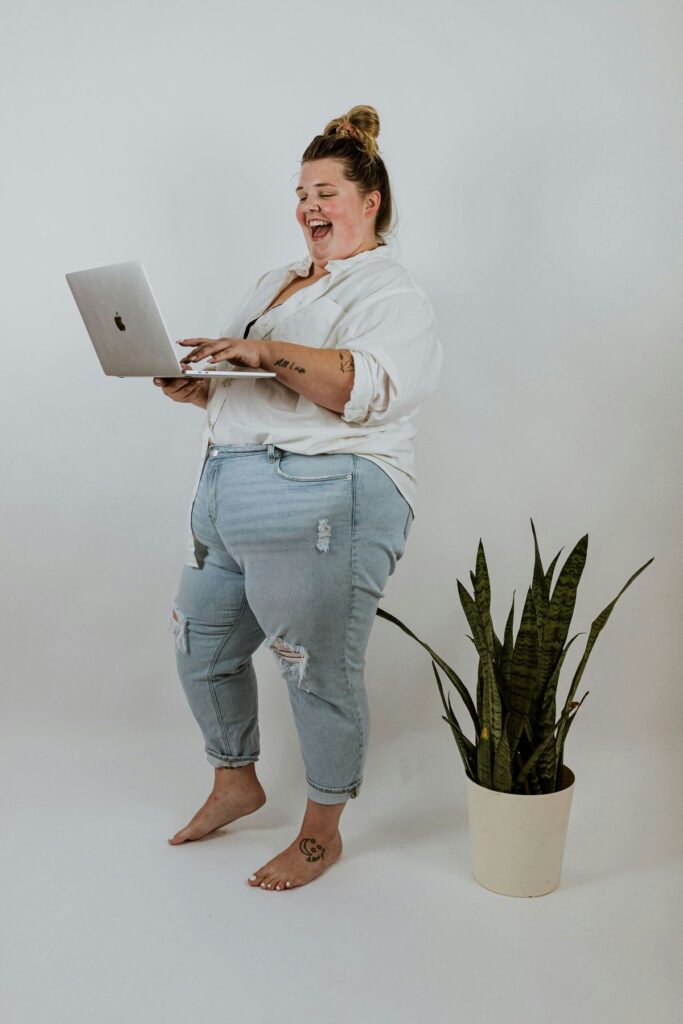The (Im)balance of Power
I was supposed to be writing to you about money this week. I think that for obvious reasons, it can wait. Yet even if today’s reflection isn’t expressly about money, it all kind of swirls together. Money is power. And summed up into one word, the issue in our heads and hearts is power.
Today is not the first time you’ve heard me talk about diversity, and it’s not the first time you’ve heard me talk about power. While I don’t want to jump into this emotional and raw topic without delicacy and tenderness, I also don’t want to consume any of your precious energy, rehashing the (very important) things that have been said and re-said thousands of times over the past week.

Instead, I want to point out what I perceived as the most shocking and saddest part of George Floyd’s murder. Of course, it was disgusting and tragic; this should be implicit and explicit. But if you’re able to confront the footage of his death, the part that leaves a lump in my throat and despair in my heart is how bystanders were forced to do just that – stand by, watching him die.
When I finally got brave enough to watch the footage, a day too late, state lines away, and from a different side of the race coin, my body panicked. I was physically surging, trying to get off the couch and say, “Stop it! Stop it!” I wanted to run toward the scene and push Derek Chauvin off George Floyd.
And yet those looking on, watched. For nine minutes. How could that be?
I could get in a lot of trouble here, but I’ll take the risk to elaborate. I think that the voices we heard in the video were those of black people. They were feet away from George Floyd, on the other side of a policeman barrier wall. How could they have stayed on the sidelines?
My logic lands on two possibilities:
- They were used to scenes like this; it seemed normal.
- They understood (more than I ever will) the power imbalance. If they attempted to step in and save a fellow black man’s life, they’d be arrested, injured, shot, and maybe killed too.
This is, to me, the craziest and most deplorable part of the story. There are not just victims. There are victims of victims. Helplessness takes on a new low because the power dynamic is so wildly off.
Most (all?) western societies are organized this way. And my gosh, we must acknowledge that it’s true. We are privileged. We have to open our eyes and have the uncomfortable, difficult conversations to acknowledge that statistically, factually: we (white people) have a leg-up. This doesn’t undercut hard work and smarts; but combined with our implicit power, I beg us to acknowledge that we have an advantage. We have power.
Now, will we thoughtfully go out of our way to deploy our power for good? That’s the next step. That’s the work.
Here’s the catch: it can’t be a reaction. It can’t be a one-time thing. Change is deep and hard to manage. There is trauma that a whole race of people have been carrying in their bodies and passing down from one generation to the next for centuries. Literally.
The task to solve for that feels unfucking-bearable. Too monumental to even think about, let alone take action on. The undoing will be a slow process. It will take decades, if not (I hate to say this) centuries. So yes, it must be large and sweeping, from the top-down. But it also has to be bite-sized and operational, from the bottom-up.
It looks like sending the kids to public, mixed schools. Voting in a way that benefits the common, majority good. Consistently donating to non-profits that help groups who lack power. Going out of our way to hire people outside one’s network (something we’ve been working on at Ellevated Outcomes). And sitting eyeball to eyeball with people who look, act, and have opposite life experiences, seeking to understand how different their experience of the world is.
Those of us with the money, the freedom, and the power have a responsibility in this world. A responsibility to this world. It doesn’t matter if we asked for it or not. It’s too late, and it’s too bad. We must play our part: monthly, weekly, daily. Over and over again, with repetition and consistency, directing our power for good. Helping those who lack power, create and live their life. Figuratively and literally.


